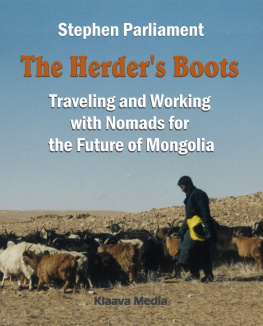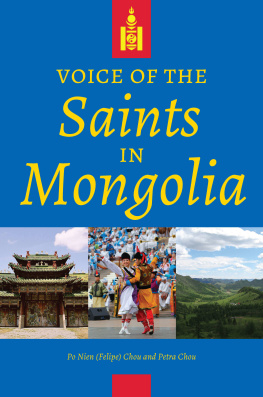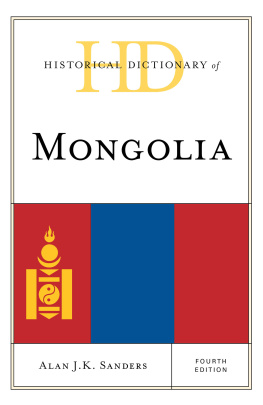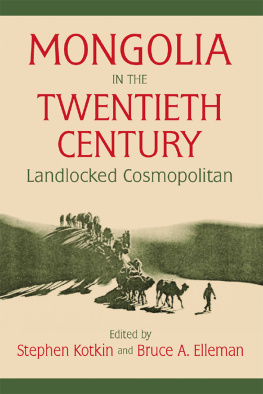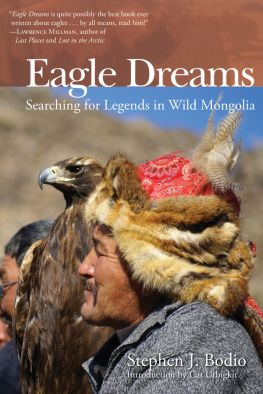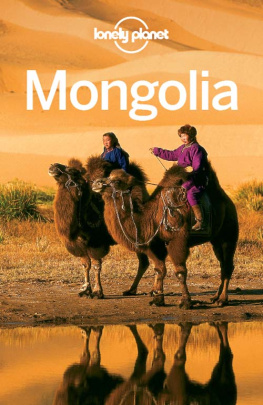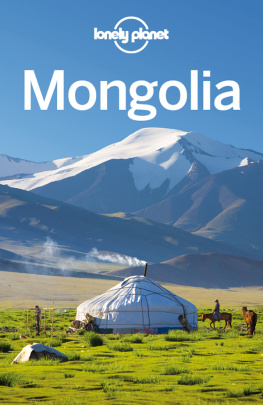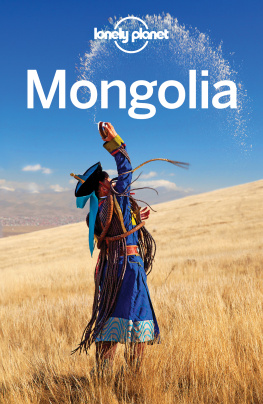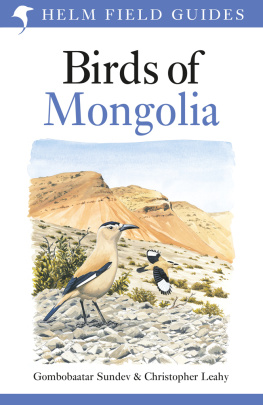Notes
[1] On the Cashmere Trail, Mongolia Survey, Issue No.7, The Mongolia Society, fall 2000.
[2] Louisa Lim, Mongolia in Transition, Washington, D.C., National Public Radio, npr.org/templates/story/story.php?storyId=112514136 retrieved September 12, 2009
[3] Sarah J. Wachter, Pastoralism Unraveling in Mongolia, The New York Times, December 8, 2009, Special Report: Business of Green, http://www.nytimes.com/2009/12/08/business/global/08iht-rbogcash.html?scp=1&sq=pastoralism%20in%20mongolia&st=cse.
[4] A common trait of great talent in whatever sphere seems to be an exceptional tolerance for, or perhaps blindness to, self-contradiction. Judith Thurman. (2007). Cleopatras Nose. New York: Farrar, Straus and Giroux, p. 149.
[5] Perlez, Jane, Ismail Khan, U.S. Aid Worker Slain in Pakistan, The New York Times, November 13, 2008.
[6] "Conformation and the Evaluation of Cashmere Goats", Gobi Business News, February 2000.
[7] www.worldbank.or/mongolia; the and the UN Environmental Programme reported in 2010 that less than 50% of the population had access to clean water.
[8] UN Water Country Brief; unwater.org
[9] Pastoralism Unraveling, New York Times, December 8, 2009. The trend of grassland degeneration is also observed by researchers for the World Bank, at: http://blogs.worldbank.org/eastasiapacific/effects-of-climate-change-put-mongolian-herders-at-risk-new-research-shows
[10] Financial Post, June 21, 2013: http://business.financialpost.com/2013/06/21/rio-tintos-oyu-tolgoi-copper-mine-raises-water-worries-in-mongolias-gobi-desert/
[11] Ibid.
[12] Information on the life of S. Zorig and his sister, Dr. S. Oyuun, is derived from the website of The Zorig Foundation, based in Ulaanbaatar, Mongolia, and from personal interviews with Dr. Oyuun and friends.
[13] Stockhouse news report. June 3, 2014 at http://www.stockhouse.com/opinion/independent-reports/2013/01/17/mongolia-fast-growing-economy-evolving-investment-climate
[14] Annual Report to Shareholders, Turquoise Hill Resources Ltd. (formerly Ivanhoe Mines Ltd.), December 31, 2012, 10. Currently the Government of Mongolia owns a 34% interest in Turquoise Hill Ltd. with the controlling interest owned by Rio Tinto.
[15] infoMongolia.com, Government of Mongolia Supports Its Cashmere Industry April 01, 2013, Retrieved at infoMongolia.com/ct/ci/5795, 5/20/14.
[16] Karl Spilhaus, President, Cashmere and Camel Hair Manufacturers Institute, 3 Post Office Square, 8th Floor, Boston MA 02110 (USA) kspilhaus@cashmere.org.
[17] Julian Dierkes, April 29, 2014. State-Sponsored Formalization of Household Herding in Rural Bayanhongor, Mongolia Focus. This blog is an attempt by avid Mongolia watchers connected with the Program at the Institute of Asian Research at the University of British Columbia led by Dr. Julian Dierkes to share their observations about current developments in Mongolia. Retrieved at Blogs.ubc.ca/Mongolia, 5/29/14.
[18] Humphrey and Sneath, Conclusion, 1999.
[19] Fijn, 2011.
[20] Ibid.
[21] Andrew Jacobs, August 18, 2014, In China, myths of Social Cohesion The New York Times.
[22] Hardin 1968.
[23] Daniel J. Murphy (2012). Encountering the Franchise State: Dzud, Otor and Transformation in Pastoral Risk, in Knauft, B.F. and Taupier, R. (eds), Mongolians after Socialism: Politics, Economy, Religion. Ulaanbaatar, Mongolia: Admon Press, 74 75.
[24] Narmandakh Damdinjav, (2012). Questions Concerning Values and the Sustainable Livelihood of Rural Mongolians, in Knauft, B.F. and Taupier, R. op.cit., 178 179.
[25] http://www.globalhand.org/en/organisations/24176, retrieved 08/21/14; http://www.aworc.org/org/gcsd/gcsd.html, retrieved 08/21/14.
The Herder's Boots
Traveling and Working with Nomads for the Future of Mongolia
Stephen Parliament
The Herder's Boots - Traveling and Working with Nomads for the Future of Mongolia
ISBN 978-952-7074-24-4 (EPUB)
Copyright Stephen Parliament
January 2015
Photographs by Stephen Parliament
Publisher: Klaava Media / Andalys Ltd, Riihimaki, Finland
www.klaava.com
book@klaava.com
The Author
In addition to a career in developing and managing cooperative enterprises and non-profit community development corporations, Mr. Parliament has taught politics, educational psychology, teaching methods and research methods at Carleton College, the University of Wisconsin River Falls, and Wisconsin Indianhead Technical College. As a Teaching Fellow he taught severely disabled special education students in transition from school to work at the Oakland Unified School District, California. He recently served as president of the board of directors, The Cedar Cultural Center in Minneapolis, Minnesota (Where the Worlds Music Lives). He is living and studying in Merida, Yucatan, Mexico with his wife and grandson.

Contact: stephen.parliament1189@gmail.com
For
Laurie
and
Ethan

Herders near a winter settlement.

All herder's possessions ready for another move.
Preface: The New Millennium
Mongolia is an independent and democratic state, having emerged from Soviet domination in 1990. This is the story of its struggle to survive against one of the harshest physical environments in the world but also aggressive and resource-hungry neighbors: Siberian Russia to the north and China to the south, both of whom are pursuing territorial expansion. Mongolia will survive because of the strength of its people, their character, sense of history, and a commitment to cooperative values internally.
This book emerged from my notes as Program Director for Agriculture with the Gobi Initiative, a program of Mercy Corps International, and from recent interviews with Mongolian friends and colleagues who are committed to the autonomy and development of their country. Part I is written from field notes, and Part II from interview notes compiled recently, to bring perspective and a look to the future.
Mercy Corps is a major non-profit provider of services to the United States Agency for International Development (USAID). The Gobi Initiative was funded by a $20 million five-year grant from USAID. Mercy Corps applied for the grant on a competitive basis against a number of other service and academic organizations. I had originally been a member of the team that was organized by a friend and colleague at the State University of New York, Albany. Our proposal was a serious contender for the grant and was one of three finalists.
In preparing the application our group was awarded $15,000 to travel to Mongolia, meet people, visit with various development organizations and travel in the countryside, talking with herder families who might eventually be interested in participating in our program, if we were successful. Our team was in Mongolia for about a month putting our application together. The USAID staff said that they always reserve the right to keep people in mind who have an interest in international development, and that they may contact you for a project later on. That is what happened in my case. Though very well received, our team was not successful.
However, after returning from Mongolia preparing the final application, I was contacted by the group that was ultimately successful: Mercy Corps and the Gobi Initiative. They asked if I was still interested in working in Mongolia, and if so, would I interview for an opening they had on their staff? The work would be in agricultural development, but specifically in the formation of marketing and production cooperatives, which is an area in which I had professional expertise. I was more than thrilled, having long since abandoned the initial excitement of going to such a remote and unfamiliar setting.

